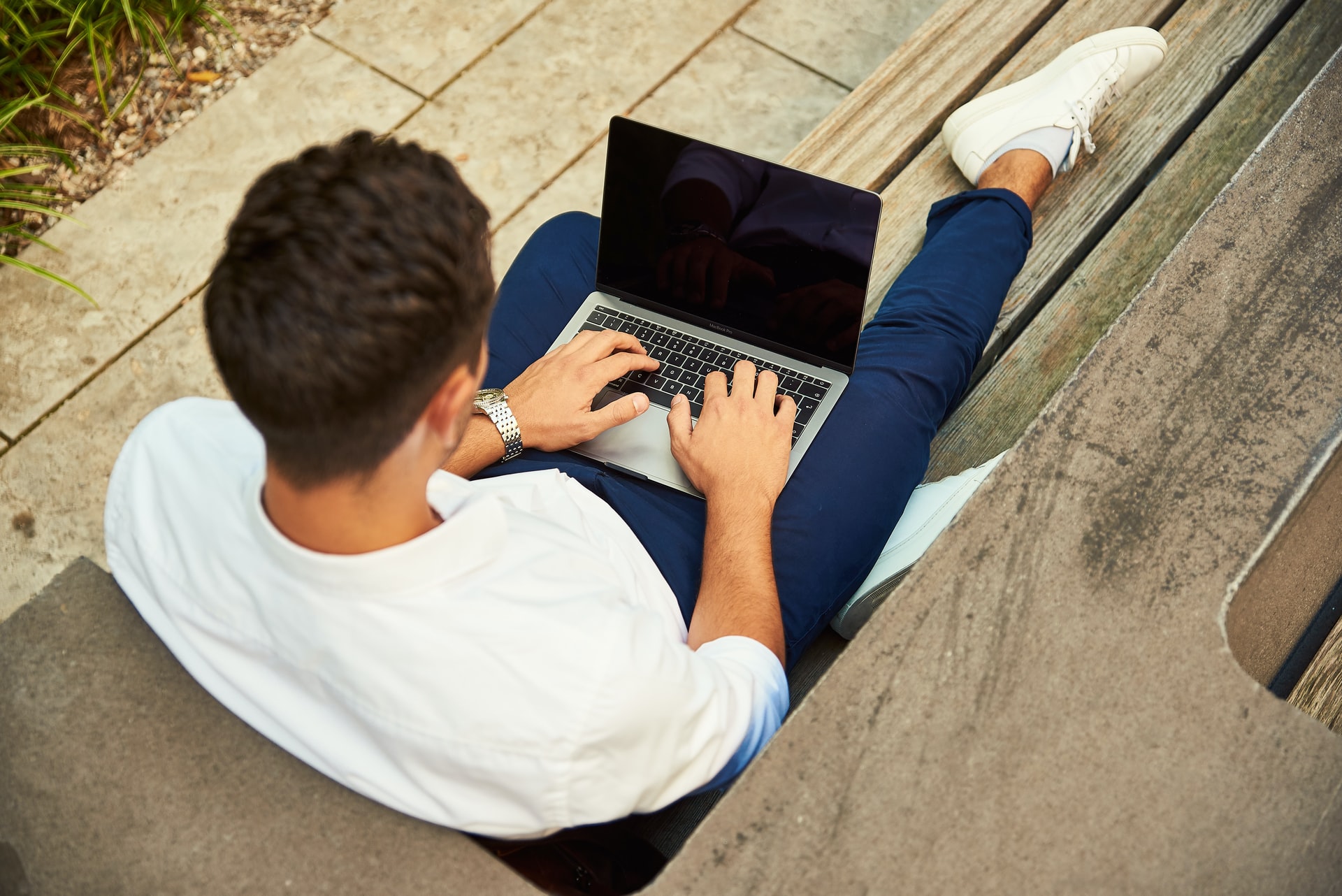Business and Economy
Recently self-employed? Six tips from experts on how to protect your wellbeing

Yet, for some, self-employment may represent the only way of earning a living and remaining active in the labour market. (File photo: Medienstürmer/Unsplash)
Through choice or by necessity, some of us are becoming self-employed for the first time during the COVID-19 pandemic. Evidence from multiple countries suggests that self-employed workers are one of the groups hardest hit by the pandemic. Support offered by governments varies.
Yet, for some, self-employment may represent the only way of earning a living and remaining active in the labour market. The self-employed are a diverse group that includes everyone from independent consultants, hairdressers and dog walkers, to executive producers and part-time delivery drivers.
What can those transitioning to self-employment do to protect their wellbeing? We’ve got six tips.
1. Protect boundaries
For self-employed people, boundaries can be blurry. This includes those between work and the rest of life, working for different clients, and working on personal business and on clients’ businesses. This can be caused by the income insecurity inherent in self-employed work, clients’ expectations for availability around the clock or renegotiation of agreed work, which creates complications in competing demands.
Long working hours and difficulty in disengaging from work contribute to potential conflicts between work and family and burnout. However, research suggests that learning to say no and protect boundaries creates room to rest and recharge. It helps with taking on new opportunities, improving performance (by focusing on only one task at a time), and having a life and identity outside of work.
There are several things that can be helpful: turning off wifi, deleting the email app from your phone, and scheduling all tasks – including family time and leisure – in addition to making an effort to be mindfully present with loved ones.
2. Learn
Self-employed people have more responsibilities and less support than employees. They are in charge of every aspect of their business, without access to admin and sales teams, databases, stationary and so on, which can be stressful. To manage this stress, self-employed people can learn the ins and outs of their business through enrolling in free online courses tailored to them, or using the knowledge of peers and mentors.
Additionally, research shows that finding and using personal strengths can reduce stress, while boosting productivity and wellbeing. Indeed, learning itself is a route toward wellbeing.
3. Understand potential unknowns
Self-employed workers face many insecurities, such as variable workloads, changing client demands, cash flow issues and insecure incomes. These cause fear and uncertainty and take up valuable mental and emotional resources.
Not knowing whether work will be available in three months or whether a client will pay on time aren’t only scary on their own, but also bring the possibility of experiencing pain and loss if everything crumbles and impacts loved ones.
People can learn how to build emergency funds, manage slow paying clients, and develop a growth mindset to cope with unexpected challenges.
4. Nurture relationships
Self-employment is often a lonely journey because others may not understand what the role involves. There are no formal co-workers around, and making time to socialise can be challenging. Loneliness is detrimental to wellbeing, with associated risks that exceed the danger of smoking 15 cigarettes per day.
Nurturing relationships is essential and self-employed workers can develop positive relationships a number of ways. Sending thank you letters to clients, seeking out and working with mentors and peers, and prioritising time to connect with family, friends, and significant others all help create meaningful connections.
5. Give up unhealthy pressure
Self-employed people put unhealthy pressures on themselves. It can be easy to compare ourselves to highly visible entrepreneurs and feel guilt, shame and disappointment from not meeting personal expectations. While these self-imposed pressures can have, to some extent, a motivational effect to work harder, they also act as stressors and impair wellbeing.
Such unhealthy pressures might also make it more difficult to open up, express vulnerability, and seek support because of fear that this may be perceived as a weakness. Acknowledging the multiple reasons why something may not be going well and practising self-compassion is a simple, yet powerful technique.
6. Establish routines
While self-employed people have greater autonomy and flexibility than employees, they also lack the structure and support of organisations. This unique combination of working conditions makes it more difficult to remain motivated, to avoid stress and to manage time, creating a spiral of negative emotions that becomes a self-fulfilling prophecy, impairing performance through procrastination.
One way to cope with this challenge is by establishing routines. In addition to reducing some of the negative emotions and improving productivity, routines can promote a sense of wellbeing and meaning. Routines can also make it easier to incorporate the steps mentioned previously into daily or weekly schedules, including time to look after oneself, not just the business.
The COVID-19 pandemic is a difficult time to become self-employed. But when the challenges inherent in this type of work are addressed, self-employment can actually contribute to wellbeing. It can create flexibility, autonomy, a sense of meaning, and opportunities to be creative and express one’s values.
Like all change, this transition will likely require time and self-compassion. But in the long term, self-employment can be sustainable and rewarding, provided we look after ourselves.![]()
Andreana Drencheva, Lecturer in Entrepreneurship, University of Sheffield; Kristin Hildenbrand, Lecturer in Leadership and Organisational Behaviour, University of Sheffield, and Mike Duffy Jr., Doctoral Researcher, University of Sheffield
This article is republished from The Conversation under a Creative Commons license. Read the original article.





















